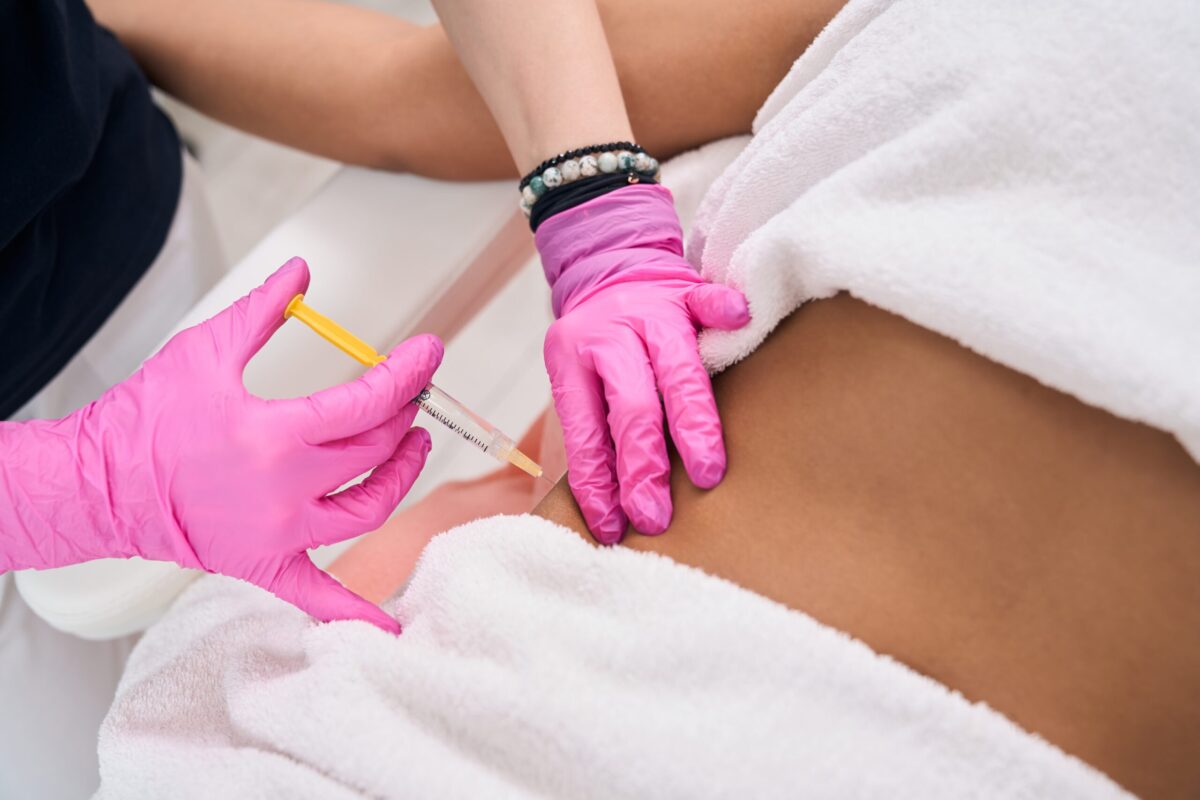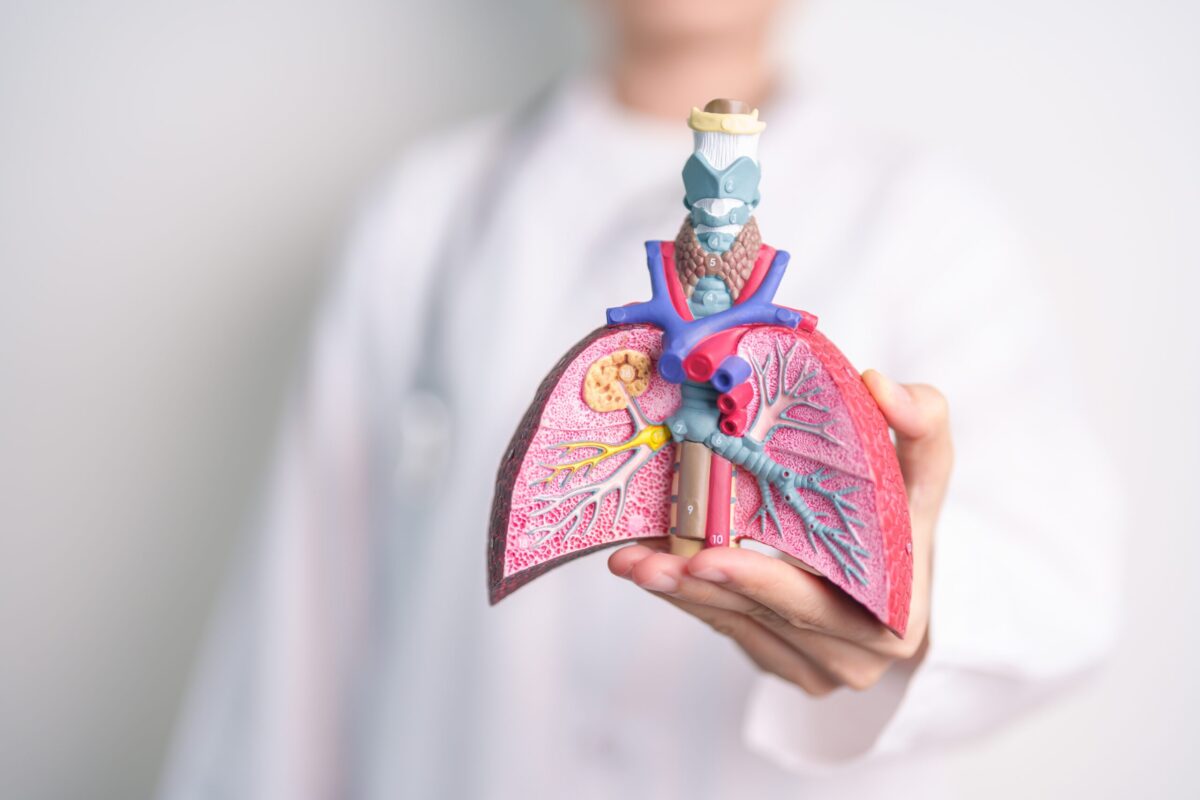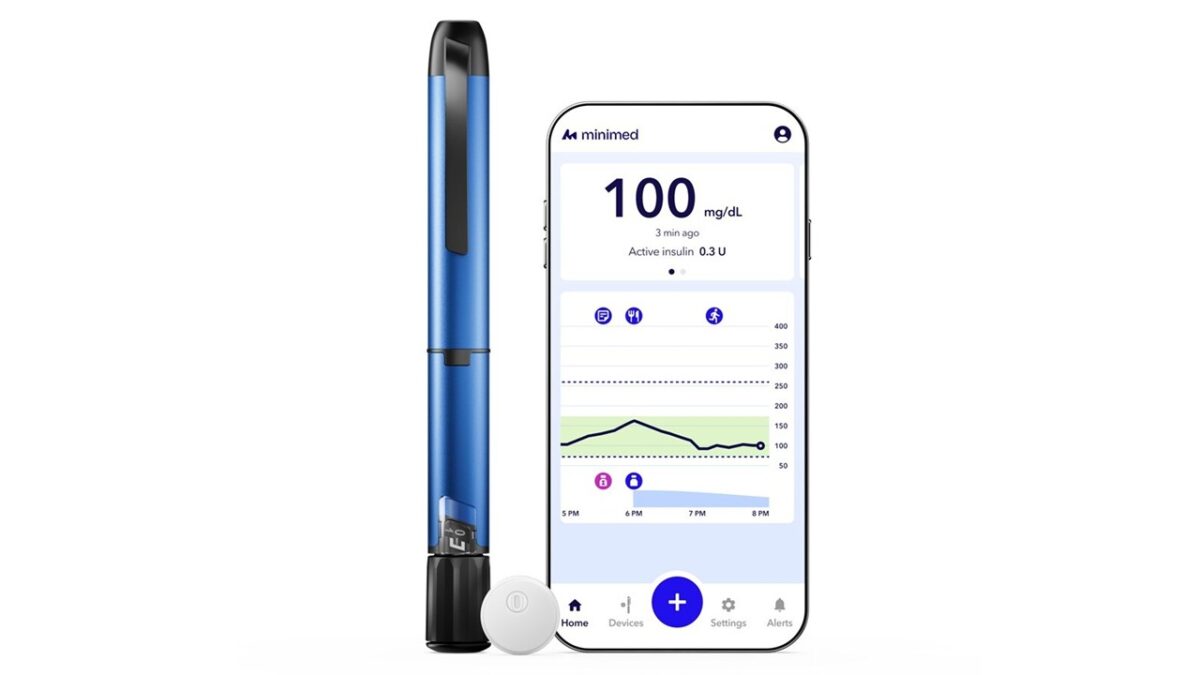rYojbaba Co., Ltd., a labor consulting and health services company based in Japan, has completed its initial public offering (IPO), raising $5 million in gross proceeds.
The company offered 1,250,000 Japanese common shares at $4.00 per share. Shares started trading on the Nasdaq Capital Market on August 14, 2025, under the ticker symbol “RYOJ.” The offering officially closed on August 15.
Current Share Price:
Located in Fukuoka, rYojbaba focuses on workplace reform and preventive health care. Its dual business model includes labor consulting services and a network of osteopathic clinics and beauty salons. The consulting segment offers strategic guidance to companies and labor unions, addressing Japan’s long-standing workplace issues, such as burnout, chronic overwork and job dissatisfaction.
This focus supports ongoing national efforts to move away from a work culture historically linked to karoshi, or death by overwork. An article from the World Economic Forum noted that one in five Japanese workers is at risk of health issues related to excessive overtime. Programs like the Stress Check Program and company-led mental health initiatives show Japan’s increasing commitment to healthier and more sustainable work conditions.
rYojbaba tackles this problem directly by helping employers create policies that prioritize worker well-being. It also provides labor unions with tools to advocate for better working conditions.
In addition, rYojbaba runs 28 osteopathic clinics and two beauty salons across Japan. These clinics specialize in judo therapy, a type of Japanese osteopathic medicine that uses manual techniques to treat sprains, strains and soft tissue injuries.
Licensed by the government, judo therapists can treat certain conditions under national health insurance without a physician referral. This makes their services accessible and popular, especially among older adults.
Related: Healthcare IPOs of 2025: Emerging Companies to Watch
Judo therapy is part of a larger osteopathic care market in Japan, which includes acupuncture, massage and moxibustion (a therapy that involves burning herbal materials near the skin). This market reached 985 billion yen in 2023, reflecting a 3% year-over-year increase, according to the Yano Economic Research Institute.
The number of osteopathic clinics in Japan has more than doubled over the last two decades, increasing from 24,500 in 2000 to over 50,000 in 2023. This growth has been partly driven by more training institutions for judo therapists.
As the number of clinics rises, many providers have focused on standardized services like posture correction. However, rYojbaba highlights personalized treatment plans that cater to individual symptoms, setting its services apart in a competitive market.
As part of its plans after the IPO, the company intends to develop an IT platform to widen its consulting reach and explore new markets abroad.
Judo therapists play a unique role in Japan’s healthcare system, especially for elderly patients with musculoskeletal issues. Instead of competing with orthopedists, they offer complementary care that emphasizes non-surgical treatments.
This trend is not limited to Japan. In June, Singapore-based MJG International launched Japanese Body Therapy, a franchise led by a certified judo therapist aiming for 100 centers across Asia. This reflects a broader interest in structured, Japan-origin manual therapies.
Similar non-invasive therapies have been common in the US, such as chiropractic care and physical therapy. The CDC and NIH have included these options in multi-modal pain management strategies aimed at hopefully reducing dependence on opioids.
If you want your company to be featured on Xtalks.com, please email [email protected].












Join or login to leave a comment
JOIN LOGIN